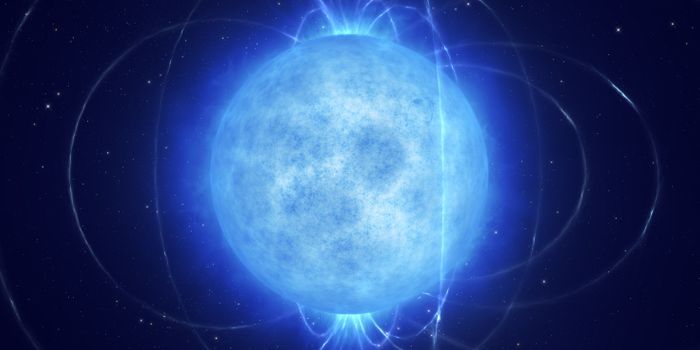Brazil and COP26 - Deforestation Hypocrisy
At the 2021 United Nations Climate Change Conference, also known as COP26 Brazil was expected to face intense pressure from other nations regarding the deforestation that has been happening the last few years in the Amazon rainforest. The 2014 New York Declaration on Forests agreement is widely thought to have failed at its goal of halving deforestation by 2020, as deforestation continued at an alarming pace. But some key countries like Russia and Brazil did not sign onto the 2014 agreement.
During a previous UN General Assembly, President of Brazil, Jair Bolsonaro, argued that the Brazilian government had deforestation under control in the Amazon, though the Brazilian National Institute for Space Research reported more than 8,000 square kilometers of forest were cut down last year (August 2020 to July 2021). Brazil did previously have a downward trend in deforestation before 2018 but has reversed since Bolsonaro took office in 2019. Brazil has shown no signs of slowing down deforestation or reducing emissions. According to Brazilian research institute Imazon, this last year has been the worst year in a decade for Brazil’s deforestation, with a clearing of more than 10,000 square kilometers, more than the Brazilian National Institute for Space Research had reported. A recent World Meteorological Organization report even showed that parts of the Amazon are now emitting carbon rather than sequestering it.
Though Brazil had hoped to improve its image with its delegation at COP26, it has not been successful. Bolsonaro did not attend, and though the delegation led by Environment Minister Joaquim Leite did sign and pledge nearly 20 billion USD of public and private funds toward solving climate change, many leaders are having trouble trusting that Brazil will follow through on their promises.
This distrust has been made worse in the last few days, as it has been reported that Brazil was concealing the most recent data about their deforestation until after the conference had ended so as to avoid public scrutiny. The National Institute for Space Research released a report right before COP26 started, for the same time frame as Imazon (August 2020 to July 2021), and found a much higher rate of deforestation, of more than 13,000 square kilometers. But this information wasn’t publicly released until the conference was over, despite having been published on October 27th. This makes Brazil seem incredibly hypocritical regarding deforestation and is causing people to doubt their dedication to ending climate change.
Brazil has committed to eliminating illegal deforestation by 2030, but climate watchdogs are arguing that Brazil should face sanctions for their empty promises and concealment, while Brazilian leaders are defending their actions.
Sources: Emerald Insight, NPR, Mongabay, AP News, BBC









